9 Ways to Help Kids Emotionally During the Pandemic Crisis

I’ve been researching ways to help kids emotionally during this crazy time and stumbled across Dr. Jordan.
At first it was novel for the kids to not have school. The school was closed for a week, followed by a week off for their scheduled Spring Break, which then rolled right into virtual school.
A lot of questions were asked and answered to the best of our knowledge. They tried to stay calm and cool, but I had a feeling this had to be so scary for them (as it is for my husband and me).
The following is an article written by Tim Jordan, M.D. for you, my readers, to give light to some ways to help kids emotionally during the pandemic crisis. Dr. Jordan is a Developmental and Behavioral Pediatrician, speaker, author and media consultant, blogger, and podcast.
COVID-19 has brought a lot of loss into the lives of kids.
The loss of what once was, the loss of feeling safe, the loss of time with friends, the loss of routine and structure, the loss of events like prom and sports seasons, the loss of certainty about the future, and sometimes even the loss of loved ones from the disease.
As our children deal with a myriad of emotions – especially anxiety and loss – there is concern about how they will deal with it, especially when it comes to the lack of connection with others.
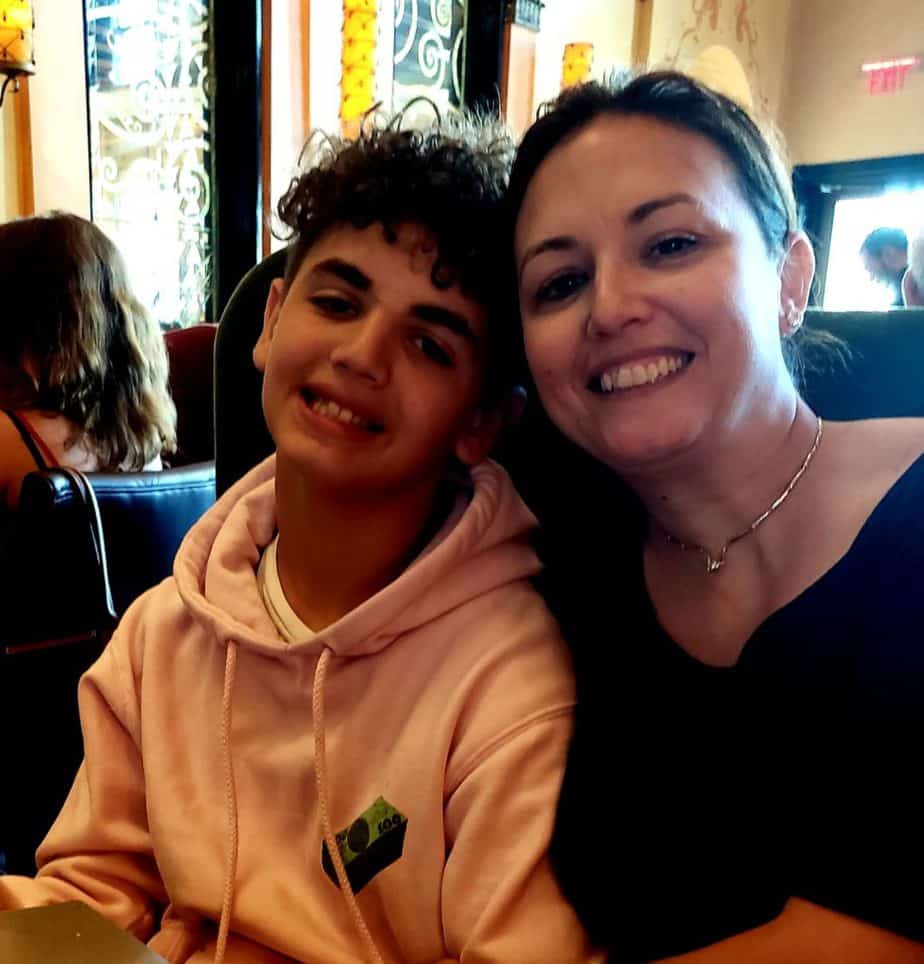
For example, I worry that many kids will distract themselves from their feelings, burying emotions by mind-numbingly scrolling through social media and binging on Netflix. The problem is that what is unexpressed becomes unmanageable.
Let me offer you some ideas on ways to help kids emotionally during the Pandemic Crisis:
- Help them live in the present. Anxiety always lives in the future – the land of “what ifs.” Many children will ruminate over worst-case scenarios and they soon become overwhelmed. Kids also experience “anticipatory” grief and anxiety, especially since there is so much uncertainty about how this pandemic will unfold. Help them bring themselves out of the future and into the present, which is calming. It’s always OK right in this moment.
- Teach them that anxiety serves a purpose. All of our emotions are processed through the part of our brain called the amygdala, and especially fear. When your amygdala is triggered, it’s your brain’s way of saying: “Take care, there may be danger, check it out.” That warning system has helped us survive for 150,000 years. So, tell your kids that instead of freaking out when anxiety arises to instead thank their amygdala for taking good care of them. They can then check out their situation to see if there really is a threat to their safety. Our brain is wired to keep us alive, not happy.
- Tell them to name it to tame it. The practice of keeping one’s troubles inside is more damaging than the experience. Encourage kids to put anxious thoughts and feelings into words, which will help things to make more sense. Using words to describe feelings about COVID-19 shifts activity in the brain from the amygdala to the prefrontal cortex, from the seat of emotions to the executive functioning center where reason supplants emotion.
- Encourage them to feel. Many kids tell me they are afraid that if they start expressing their emotions that it will never stop. In reality, the opposite is true. Stuffing emotions causes a buildup of feelings to the point of becoming overwhelmed. Expressing them, however, keeps them manageable as they emerge. When you name feelings and let them arise, they end up moving through you. Emotions need motion or they will cause commotion.
- Get them outside. There is a ton of research extolling the virtues of time in nature. Spending time outdoors is calming and grounding, so turn off your devices and go outside and play.
- Provide structure. Kids can become unglued due to a lack of structure, and the loss of school has thrown off our schedules. No matter what your new online schooling looks like, sit down with your kids and together create a new structure for your days. Getting back to some kind of routine will help kids feel more grounded and bring back a feeling of normalcy.
- Open up discussions about death. You know it’s on kid’s minds, so bring it out into the open and air it out. I’d mostly ask questions about their view of loss and then listen. The truth is that no one really knows what happens to us after we die, so allow your kids to express their thoughts with words or stories or drawings. If teens or younger kids question why this kind of crisis happens, answer their question with a question, “What do you think?” Listen to their private logic and acknowledge them for trying to make sense of the world. There may be an appropriate time to share some of your own religious beliefs, but I’d avoid preaching or one-way thinking.
- Show compassion. Everyone responds to adversity differently, so encourage your children to not judge people who in their minds are over or under-reacting. Instead, ask them to get into the shoes of others and try to see things from their point of view. This will promote understanding and empathy vs. judgment.
- Encourage connection. We know from research that one of the most important factors in kids developing resiliency from adversity is having at least one adult who loved them, provided consistent warmth and supervision, and whom they could count on to be there through thick and thin. Social support during times of upheaval is critical: those with it are less likely to struggle with anxiety and depression. Social distancing has given most of us the gift of time – time at home, time with our family. Use it wisely.
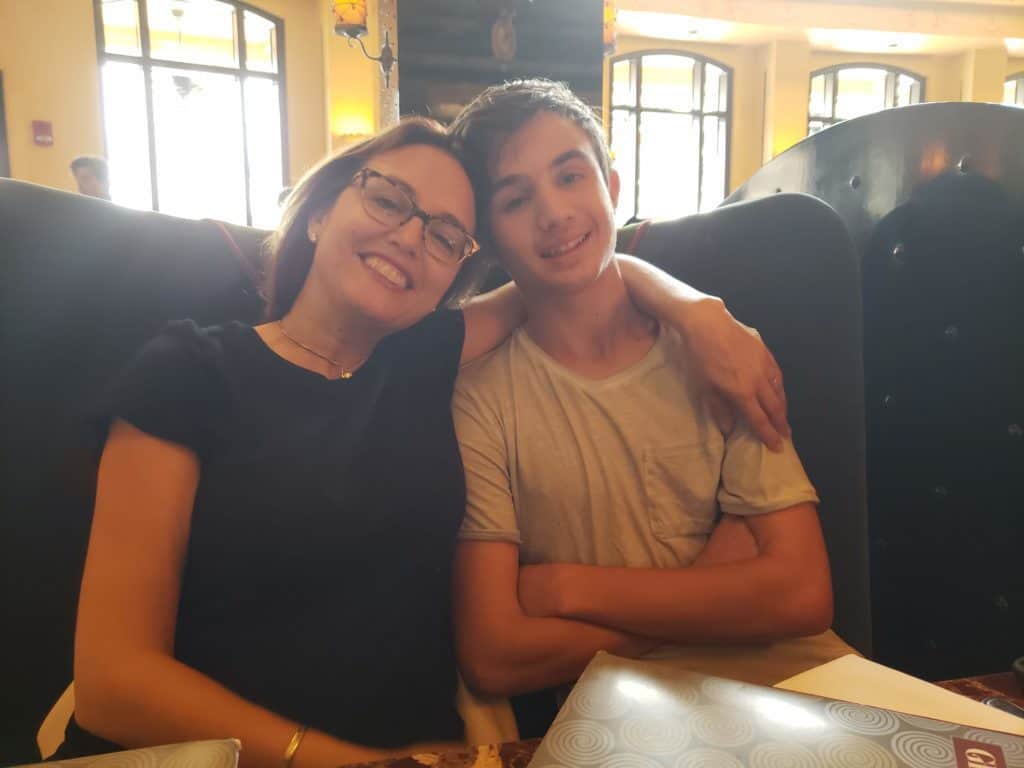
When this crisis is all said and done, what we will remember is who helped us cope and survive, not funny photos on Instagram. We’ll remember touching moments together, acts of compassion, people being there for us in dark moments. Kids will recall being heard and understood in times of confusion and anger. And I hope they remember having more quality, focused time together with their family.
A LITTLE BIT MORE ABOUT THE AUTHOR: Dr. Jordan is dedicated and passionate about serving children, whether it is in his private practice counseling girls 6 – 22 years; consulting with schools; speaking to parents; or facilitating at his weekend retreats and summer camps. His new book is She Leads: A Practical Guide for Raising Girls who Advocate, Influence and Lead.
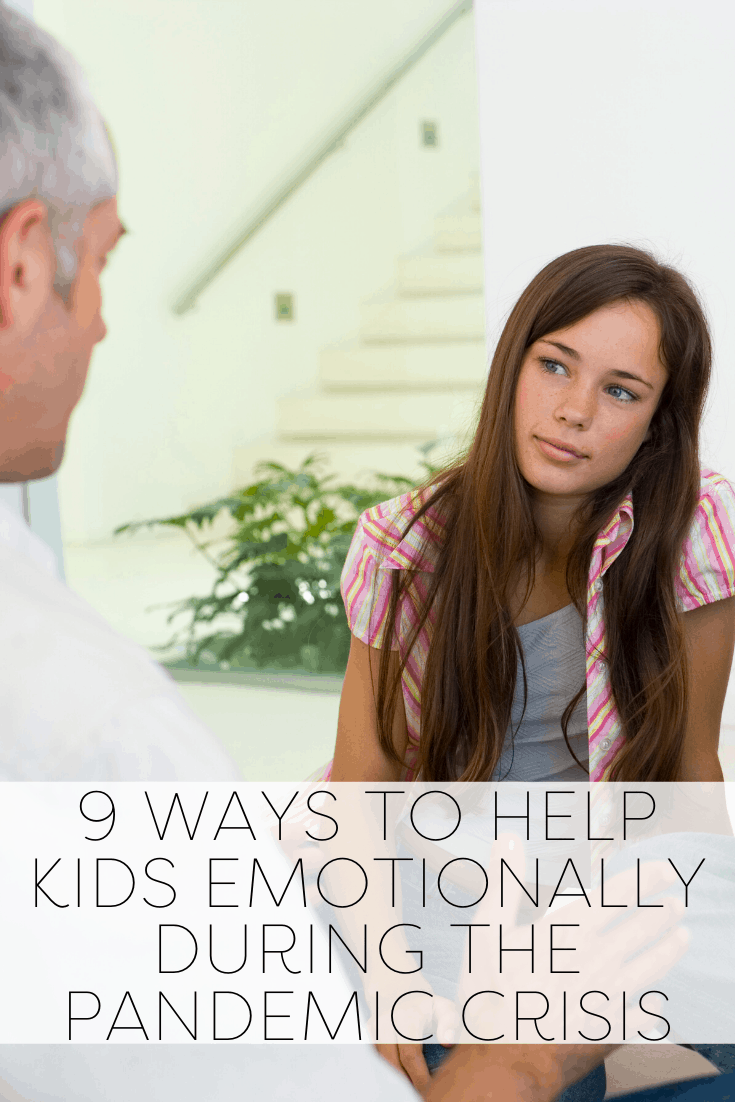



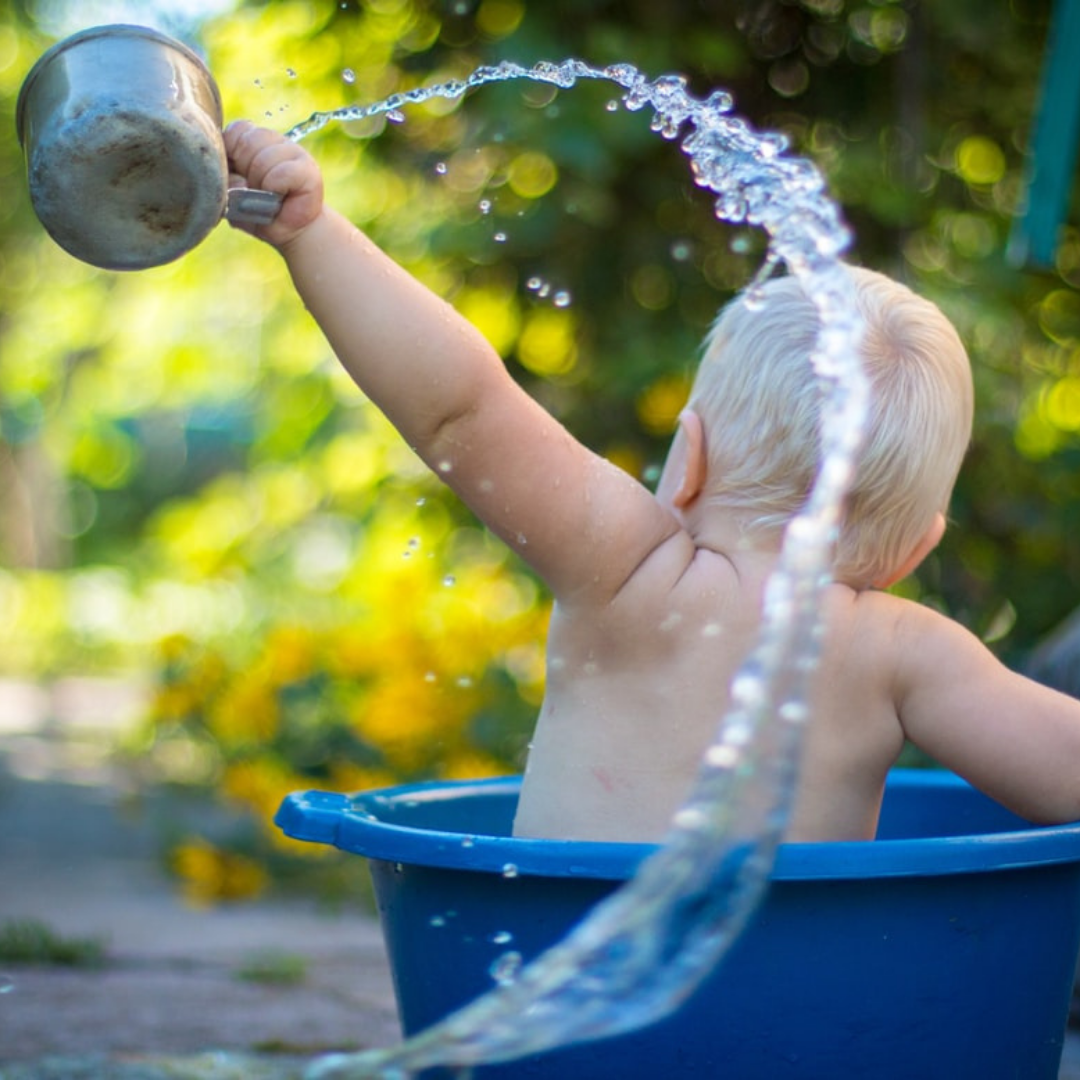
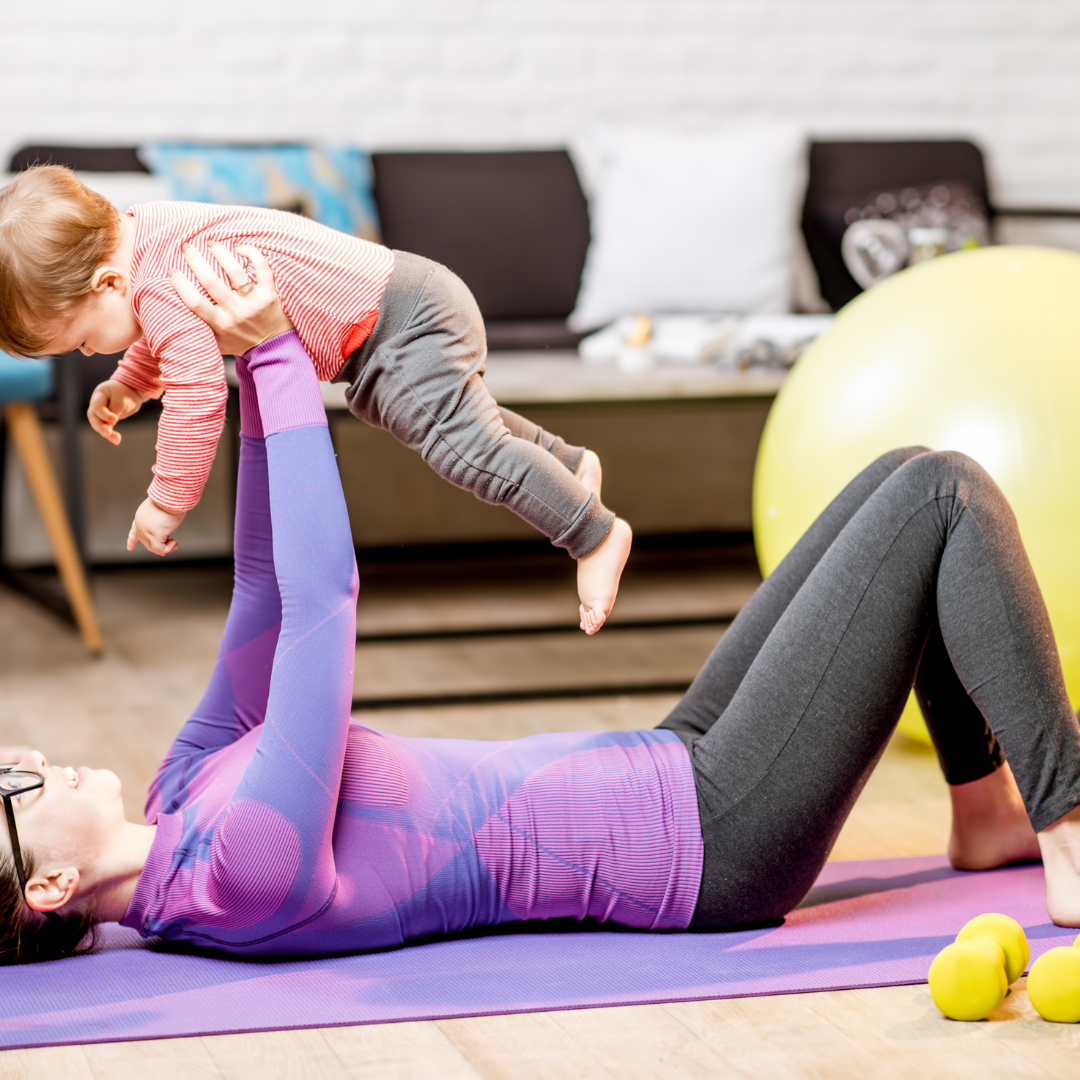

These are such great tips for helping kids deal with their emotions with COVID. Thanks so much.
My pleasure, Audrey. My boys have been great when it comes to talking about their fears and asking questions due to these ways!
These are cery good tips. My six year old had a tough time transitioming to online learning and had a hard time understanding why. Hopefully things improve for everyone!
It was a huge change for your little one!
Navigating my little guy’s emotions and managing expectations have been the two hardest things during the pandemic. I know how anxious I have been. It’s hard to imagine being a little one and dealing with the uncertainty. Thank you for these ideas.
Jess, kudos for all of the amazing hard work you do!
This has been such a confusing time for everyone. Thank you for these tips
My pleasure, Kim! I hope they help!